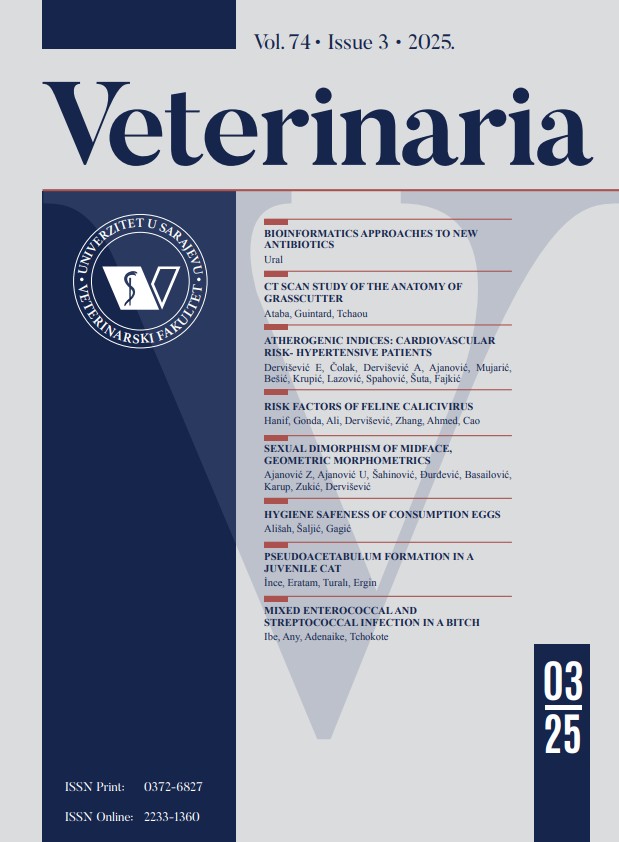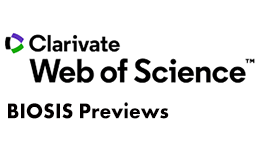Serum production of Androctonus crassicauda (Scorpion) venom: Evaluating the impact of high-quality protein diets
DOI:
https://doi.org/10.51607/22331360.2025.74.1.86Keywords:
Antibody titer, horse, lysine, methionineAbstract
In this study, serum horses were utilized to evaluate the effect of feeding high-quality, protein-enriched diets on antibody production. The horses were divided into two groups, each containing three animals (two females and one male per group).Two feeding periods were implemented, with one group serving as the control and fed a diet containing 13.65% crude protein, while the other group received a trial diet containing 18.05%crude protein. To increase accuracy, the control and experimental groups were alternated in a crossover design. No statistically significant differences were observed between the trial and control groups (p ≥ 0.05). Similarly, no significant differences were found when the data from the trial and control groups were analyzed separately by sex. However, a statistically significant difference was found between sexes (p=0.004), with antibody titers increasing by 40.2% in the trial groups overall and by 42.6% in male horses. No statistically significant changes were found for serum total protein values, albumin, and globulin levels (p>0.05).It was observed that individual antibody levels varied considerably, which limited the ability to achieve statistical significance. However, it can be inferred that the quantity and quality of dietary proteins significantly enhance antibody production in quantitative terms.

Downloads
Published
How to Cite
Issue
Section
License
Copyright (c) 2025 Tuba Aydin, Mehmet Ali Kanat, Ali Çalık, Adnan Şehu

This work is licensed under a Creative Commons Attribution 4.0 International License.







